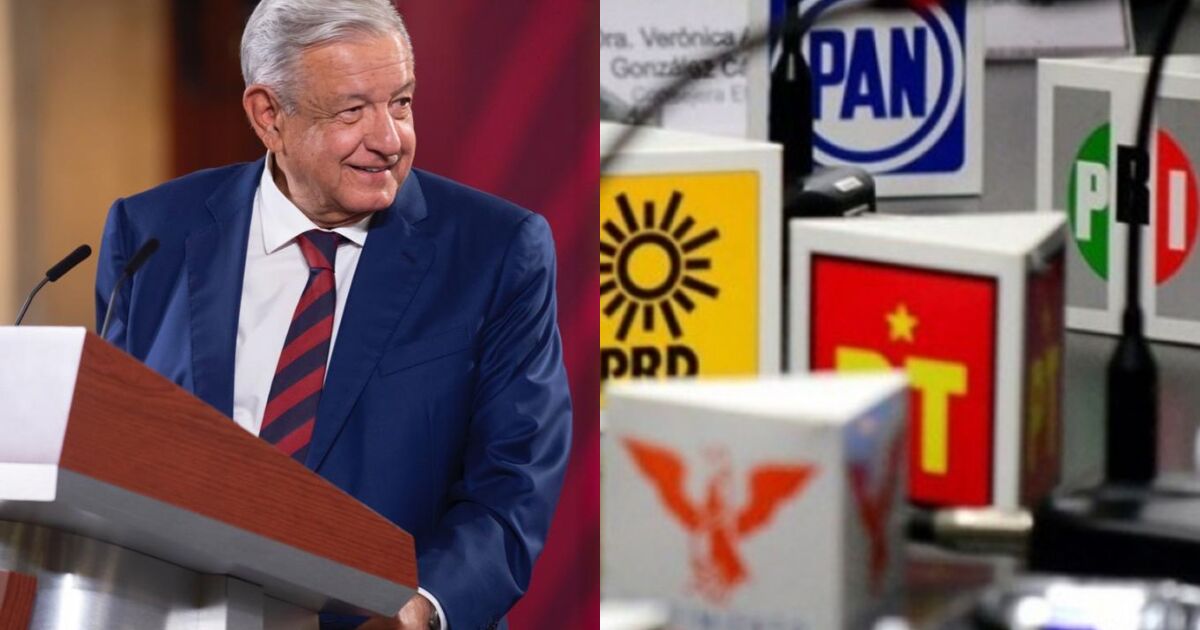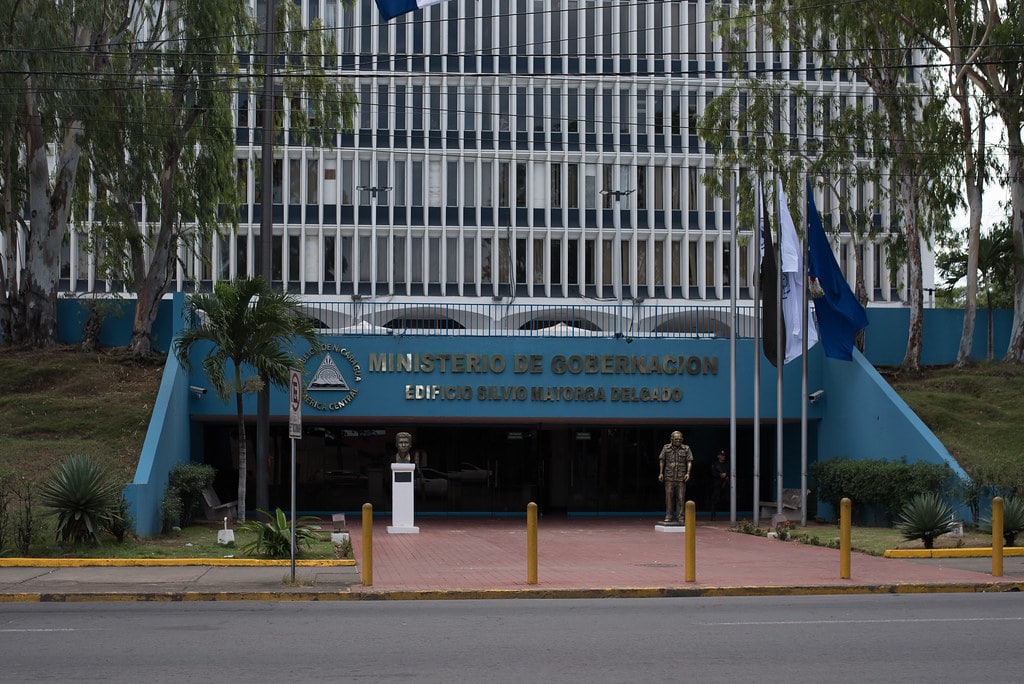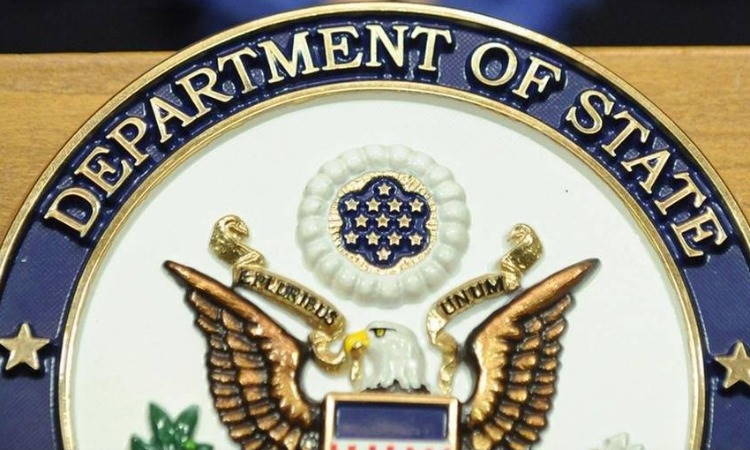Risky gateway to ‘dirty money’
In addition to this effect, the UNAM professor and member of the Network of Political Scientists Karolina Monika Gilas, alert others to risks.
“(The proposal) would open the door to the parties to all the dangers that are sought to be avoided by giving them public financing,” he warns.
Public resources are delivered to the parties through the INE; the parties are deposited in their bank accounts, and there are rules so that only the leaders can manage them. They are traceable banking resources and, in addition, the parties must report their income and expense operations to the Institute.
On the other hand, seeing themselves without funds, the expert explains, they would look for other sources of financing.
“With resources from the governments they lead, which is also illegal money, and not only that, but there is also the risk of seeking money from organized crime,” he details.
In addition, by cutting off resources from all political forces, the party in power, whatever it may be, will have advantages, since access to public, material and human resources from its administrations is facilitated.
“That has already happened and would place the opposition at a clear disadvantage in the use of illegal resources such as public money used for political purposes,” he details.
Another additional effect would be the disappearance of some parties, running out of resources for their daily operation.
For this reason, although the amount of money that the parties receive today is debatable, he does not see fit to close the key to public financing, which today allows plurality and keeps political activity active in the country.
“In any case, a gradual scheme could be analyzed to give them the opportunity to reorganize, encourage the contributions of the militants and that there would be a certain cut, but not eliminate, and less suddenly, the public resource,” he considers.
The conclusion is that the debate on electoral reform should not focus on the amount of savings, but on analyzing the context and consequences of the reform.
“In budgetary terms, the cost of Mexican democracy is not significant: together the National Electoral Institute (INE), the 8 political parties and the Electoral Court of the Judicial Power of the Federation (TEPJF) imply 39 cents for every 100 pesos of the Budget. of Expenses”.
“And it would be more costly for people’s lives not to have democracy, if there was only one party or plurality was affected… history has already told us how that ends,” adds Gilas.








